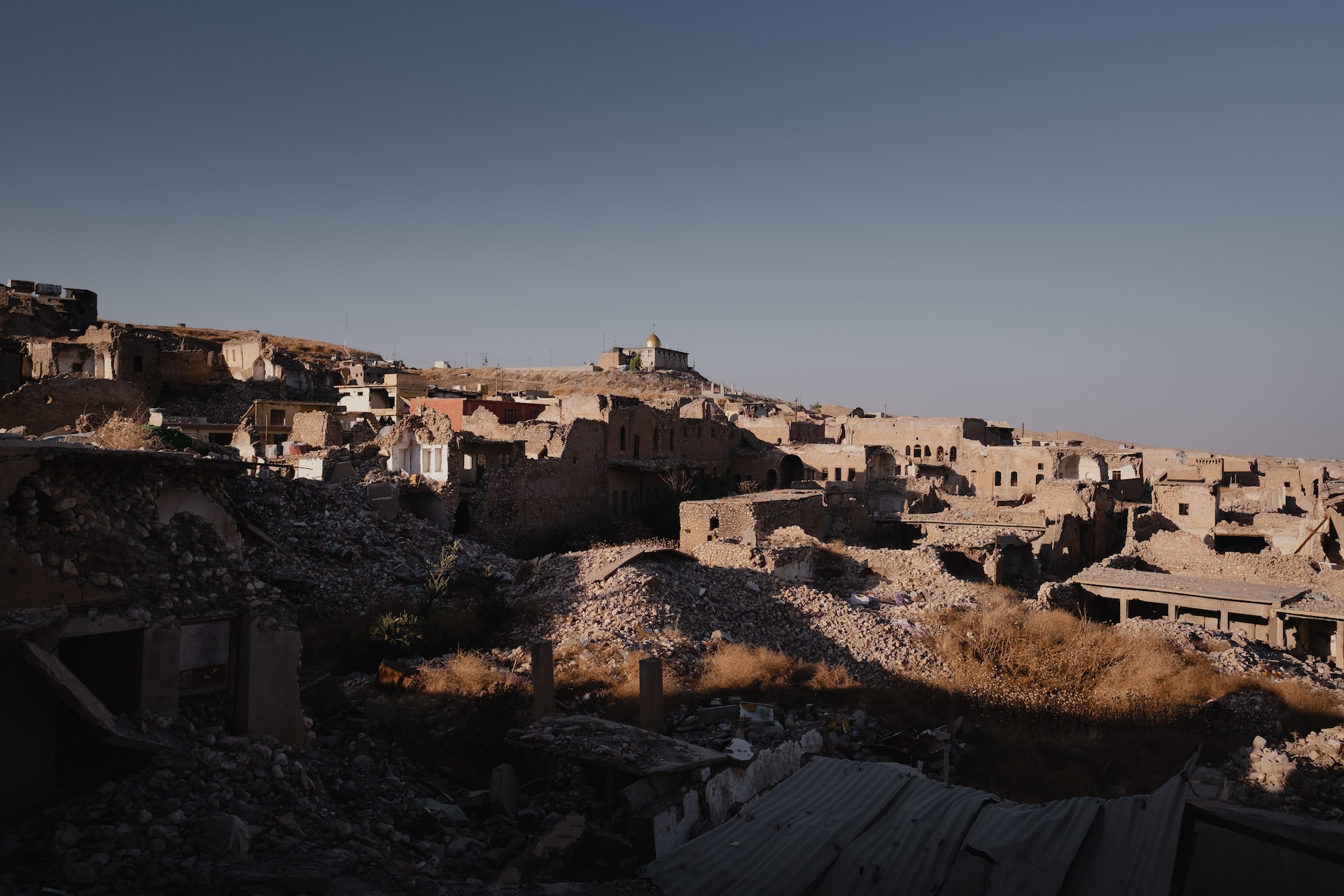Judgment Delayed
Author: Howard W. StevensFor one hundred years, God patiently observed the people of Nineveh, the capital city of the Assyrians.
They had sincerely repented when Jonah prophesied the destruction of the city. “‘Forty more days and Nineveh will be overturned,'” he had proclaimed (Jonah 3:4, NIV).  Everyone–from the king to the poorest of his subjects–had covered himself with sackcloth and had called urgently on God. The king had ordered all his people to renounce their evil ways and violence. Taking note of their repentance, God had shown compassion and had not destroyed the city (3:10).
Everyone–from the king to the poorest of his subjects–had covered himself with sackcloth and had called urgently on God. The king had ordered all his people to renounce their evil ways and violence. Taking note of their repentance, God had shown compassion and had not destroyed the city (3:10).
However, Nineveh’s repentance was not long lasting. The Assyrians defeated and carried into exile the Northern Kingdom of Israel. Known for their arrogance and brutality, their barbaric treatment of the Jewish people had not escaped God’s notice. Nahum stated that the Assyrians had plotted “evil against the Lord” (Nahum 1:11). In other words, God considered their cruelty toward the Jewish people as an offense against himself. So, through Nahum, He foretold His judgment against Nineveh at the height of its power.
Nineveh was an impressive city with an enormous number of parks and water gardens.*
The city’s walls were almost 8 miles long with 15 gates and a moat that was 150 feet wide. The proud Ninevites felt protected by a large defensive shield that they had constructed around the city to deflect stones and arrows.
However, in spite of their fortifications and all their allies, Nahum prophesied, “‘You will have no descendants to bear your name. . . . I will prepare your grave, for you are vile'” (Nahum 1:14, NIV). Nineveh’s chariots and warriors, which had brought strong men to their knees in terror, would be burned in smoke and utterly destroyed (2:13). Full of the loot stolen from conquered nations, the city would be plundered and its treasures robbed (2:9–10). Nahum also prophesied that the city would be burned, “‘The fire will devour you'” ( 3:15 ).
“History and archaeology confirm that Nineveh was burned. Assyria’s king died in the flames of his own palace.”* The destruction of Nineveh was so complete that the city was never rebuilt.
From the destruction of Nineveh, we learn several things.
First, God is merciful, compassionate, and patient.
“The Lord is not slack concerning His promise, as some count slackness, but is longsuffering toward us, not willing that any should perish but that all should come to repentance” (2 Peter 2:9, NKJV).
Second, God is always mindful of a person’s heart attitude and actions.
“There is nothing concealed that will not be disclosed, or hidden that will not be made known” (Luke 12:2, NIV). “He will bring to light what is hidden in darkness and will expose the motives of men’s hearts” (1 Corinthians 4:5, NIV).
Third, when God delays punishment, it does not mean He approves of a person’s thoughts and deeds.
If a person refuses to repent, he will eventually reap the consequences. “Do not be deceived, God is not mocked; for whatever a man sows, that he will also reap” (Galatians 6:7, NKJV). “A man who remains stiff-necked after many rebukes will suddenly be destroyed–without remedy” (Proverbs 29:1, NASB).
